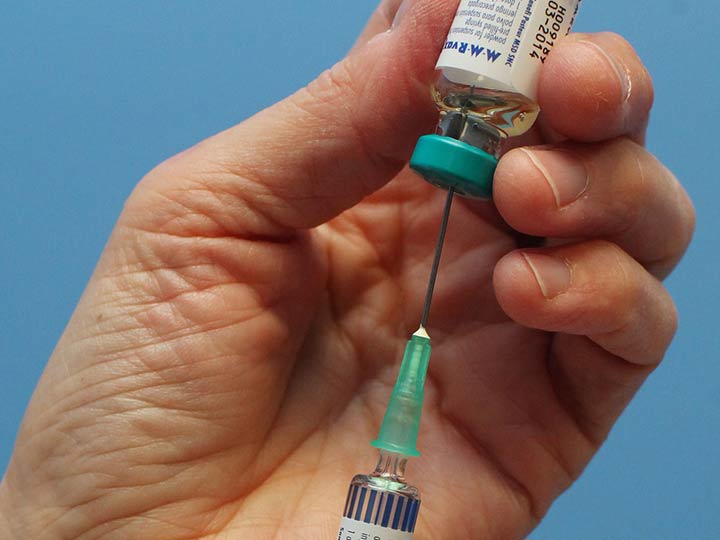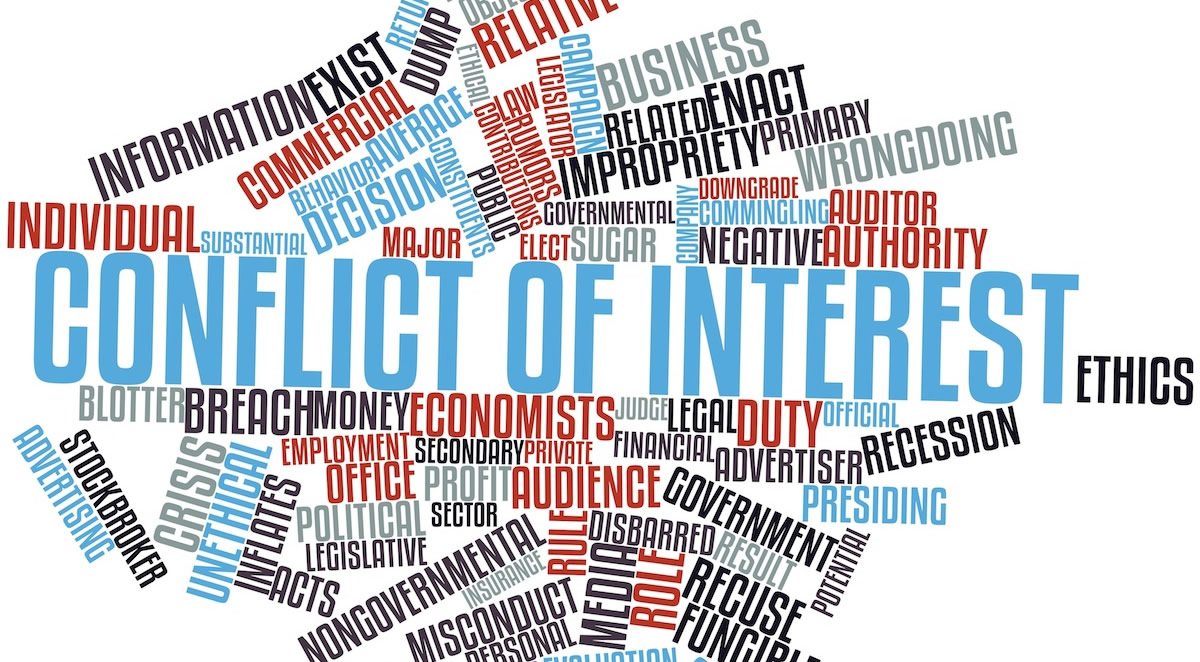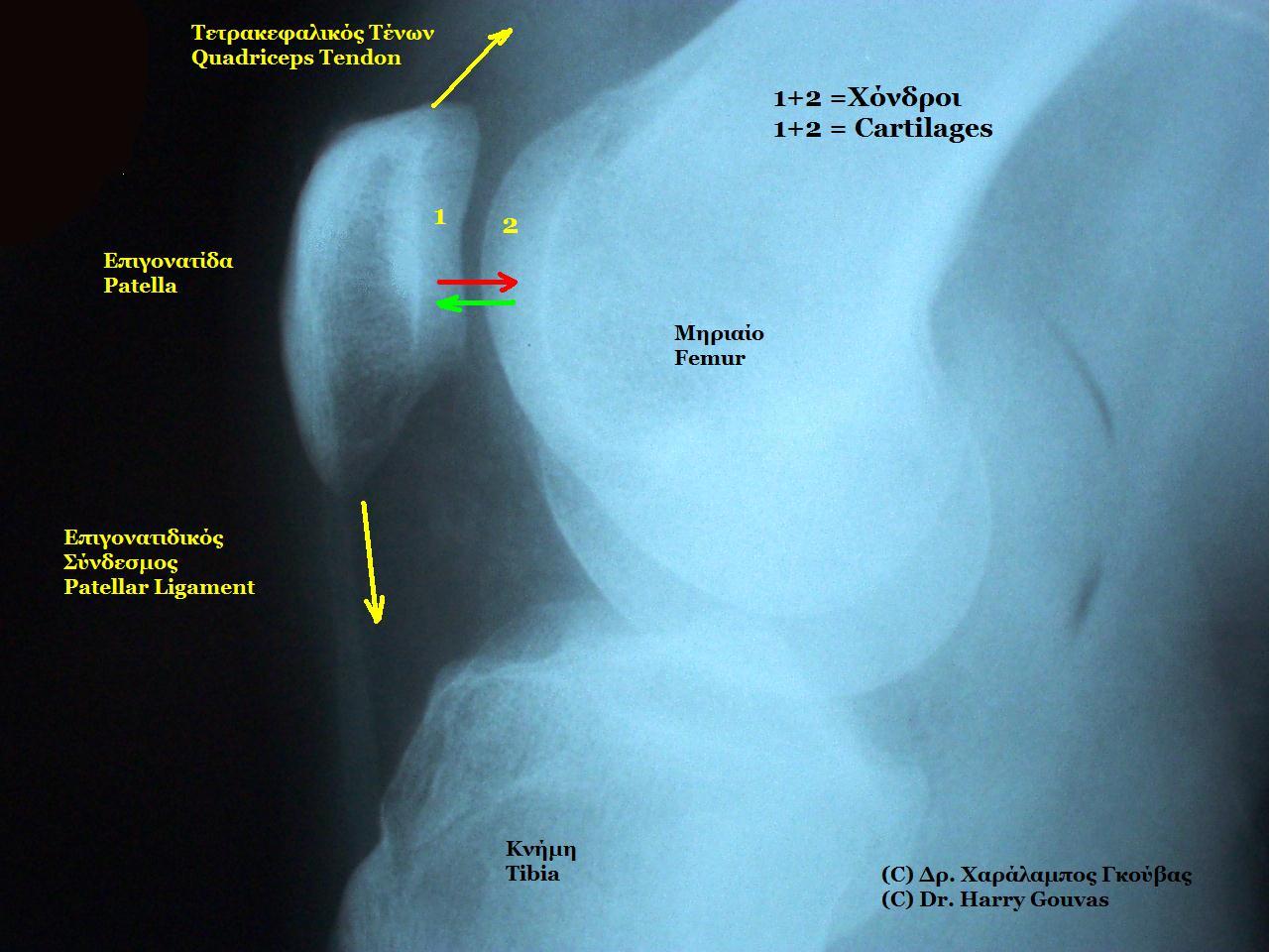Category: Clinical Trials

Cell phones and cancer again, or: Oh, no! My cell phone’s going to give me cancer! (revisited)
It’s been about a year and a half since I’ve written about this topic; so I thought I’d better update the disclaimer that I wrote at the beginning: Before I start into the meat of this post, I feel the need to emphasize, as strongly as I can, four things: I do not receive any funding from the telecommunications industry in general,...

Yet another nail in the coffin of the myth that the MMR vaccine causes autism
Another study, another refutation of the myth that the MMR vaccine causes autism. The same as it ever was. Antivaccine activists won't listen. Also the same as it ever was.
Neti pots – Ancient Ayurvedic Treatment Validated by Scientific Evidence
Nasal irrigation with salt water is recommended by 87% of family doctors as an adjunctive treatment to relieve the symptoms of nasal congestion and sinusitis. The simplest method is to hold salt water in your cupped hand, block one nostril while you inhale the water into the other nostril, then blow your nose. The high-tech version is to use a Neti pot,...
Cancer prevention: The forgotten stepchild of cancer research?
The New York Times has been periodically running a series about the “40 years’ war” on cancer, with most articles by Gina Kolata. I’ve touched on this series before, liking some parts of it, while others not so much. In particular, I criticized an article one article that I thought to be so misguided about how the NIH grant system leads researchers...

Conflicts of interest in science-based medicine
Science-based medicine is not perfect. Financial interests, conflicts of interest (COIs), and the pride of individual practitioners can at times undermine it. But it's so much better than any alternative we have tried before. It works, and, although it does so in fits and starts, sometimes all too slowly, it's getting better all the time. Dealing more effectively with COIs will only...

A Case Study In Aggressive Quackery Marketing
With some degree of sadness I recently “outed” a former co-resident of mine who has turned to the dark side and begun putting money-making before truth and science. Without any clear evidence of benefit beyond placebo, platelet-rich plasma (PRP) is now being marketed aggressively as a cure-all for sports injuries. And at about $300 per injection (the NYT reports $2000/treatment), there’s plenty...
“Gonzalez Regimen” for Cancer of the Pancreas: Even Worse than We Thought (Part II: Loose Ends)
Last week I discussed the dismal results of the “Gonzalez Trial” for cancer of the pancreas,* as reported in an article recently posted on the website of the Journal of Clinical Oncology. I promised that this week I’d discuss “troubling information, both stated and unstated [in the report],” and also some ethical issues. More has come to light in the past few...
Tom Harkin, NCCAM, health care reform, and a cancer treatment that is worse than useless
PRELUDE: SOME BAD NEWS FOR ADVOCATES OF SCIENCE-BASED MEDICINE It was a bad week for science-based medicine. It was a good week (sort of) for science-based medcine. First the bad. There has been a development that anyone who supports science in medicine and opposes quackery will likely find disturbing. Do you remember Senator Tom Harkin (D-IA)? We’ve written about him extensively over...
“Gonzalez Regimen” for Cancer of the Pancreas: Even Worse than We Thought (Part I: Results)
Review One of the more bizarre and unpleasant “CAM” claims, but one taken very seriously at the NIH, at Columbia University, and on Capitol Hill, is the cancer “detoxification” regimen advocated by Dr. Nicholas Gonzalez: Patients receive pancreatic enzymes orally every 4 hours and at meals daily on days 1-16, followed by 5 days of rest. Patients receive magnesium citrate and Papaya...
“There must be a reason,” or how we support our own false beliefs
For a change of pace, I want to step back from medicine for this post, although, as you will see (I hope), the study I’m going to discuss has a great deal of relevance to the topics covered regularly on this blog. One of the most frustrating aspects of being a skeptic and championing science-based medicine is just how unyielding belief in...

